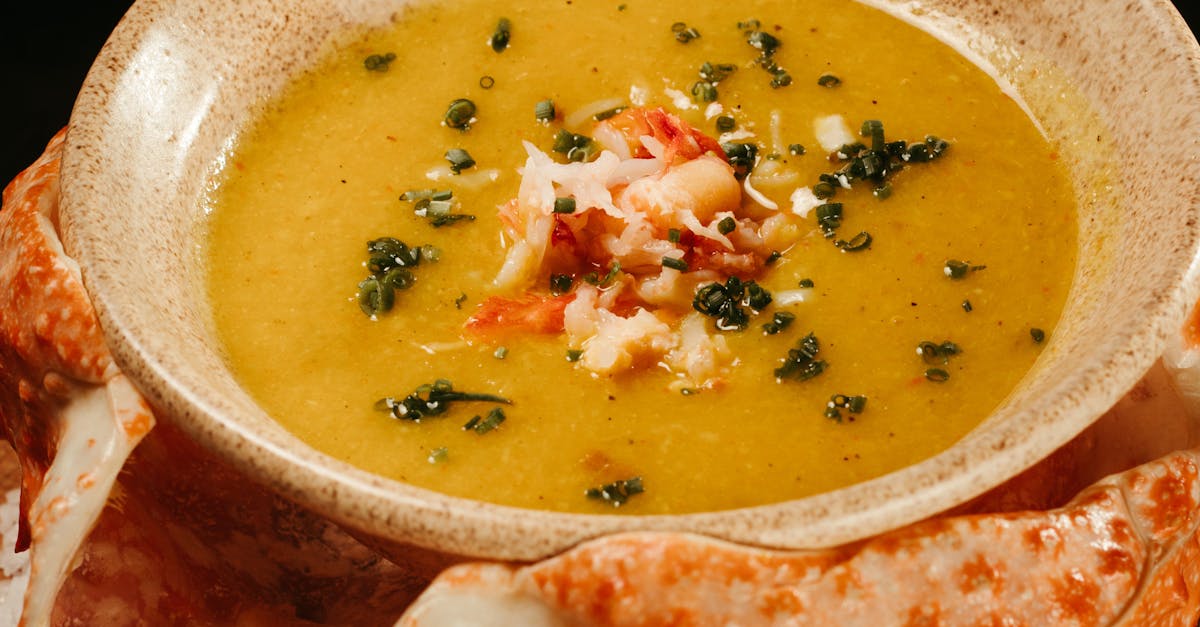
Engagement with local communities is equally important in developing robust traceability systems. Education and training initiatives can empower fishers and processors, equipping them with the knowledge and tools necessary to adhere to traceability standards. Additionally, support from governmental and non-governmental organisations can reinforce these initiatives, helping to build a framework that promotes sustainability and accountability. Involving all relevant parties not only strengthens the traceability system but alsEffective management of lobster fisheries often involves monitoring populations, regulating catch sizes, and protecting breeding grounds. Many certified fisheries employ environmentally friendly methods that minimise bycatch and protect marine habitats. In addition, purchasing frozen lobster from certified sources allows consumers to enjoy their seafood with the knowledge that they are contributing to sustainable practices. This commitment not only protects the ecosystem but also supports fishing communities that rely on these resources for their livelihoods.o nurtures a culture of responsibility within the industry.
Nutritional Impact of Sustainable PracticesCollaboration Between Fishers and Retailers
Common challenges include ensuring data integrity, managing resource limitations, dealing with complex supply chains, and maintaining conYes, frozen lobster retains most of its nutritional value compared to fresh lobster, especially if it is flash-frozen immediately after being caught. This process helps preserve the nutrients effectively.sistent communication among stakeholders.
How does sustainable sourcing affect the nutritional quality of frozen lobster?How can collaboration improve lobster traceability?
Sustainable sourcing of frozen lobster ensures that the seafood is harvested responsibly, which can lead to healthier ecosystems and potentially higher nutritional quality, as the lobsters are often sourced from cleaner, more sustainable environments.Collaboration between fishers, retailers, and other stakeholders can enhance data sharing, improve compliance with regulations, optimise supply chain processes, and foster a collective commitment to sustainability.